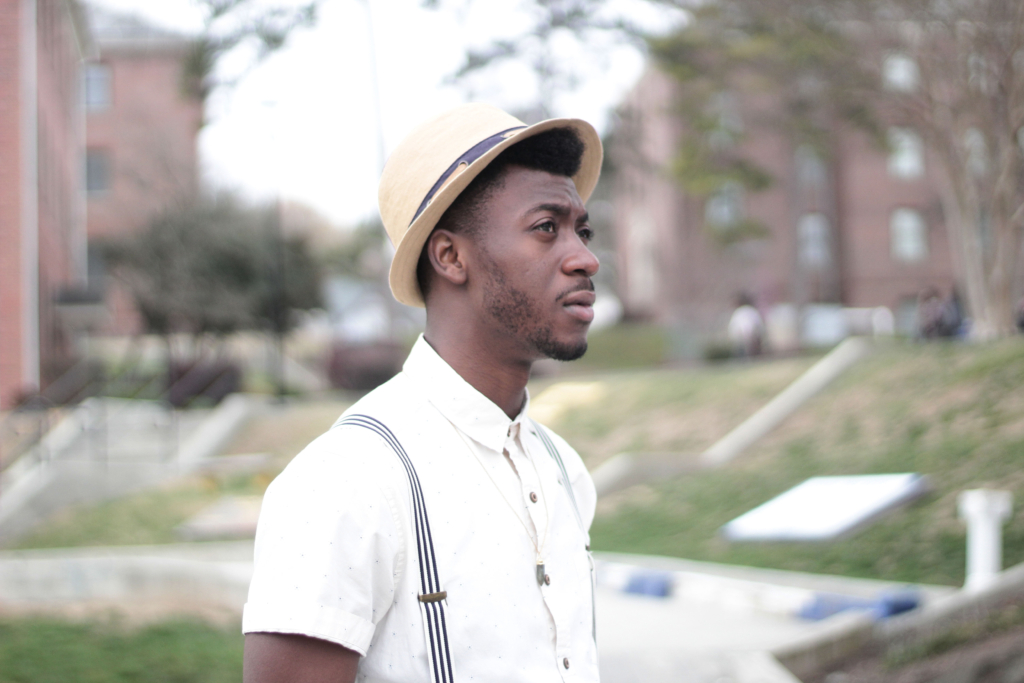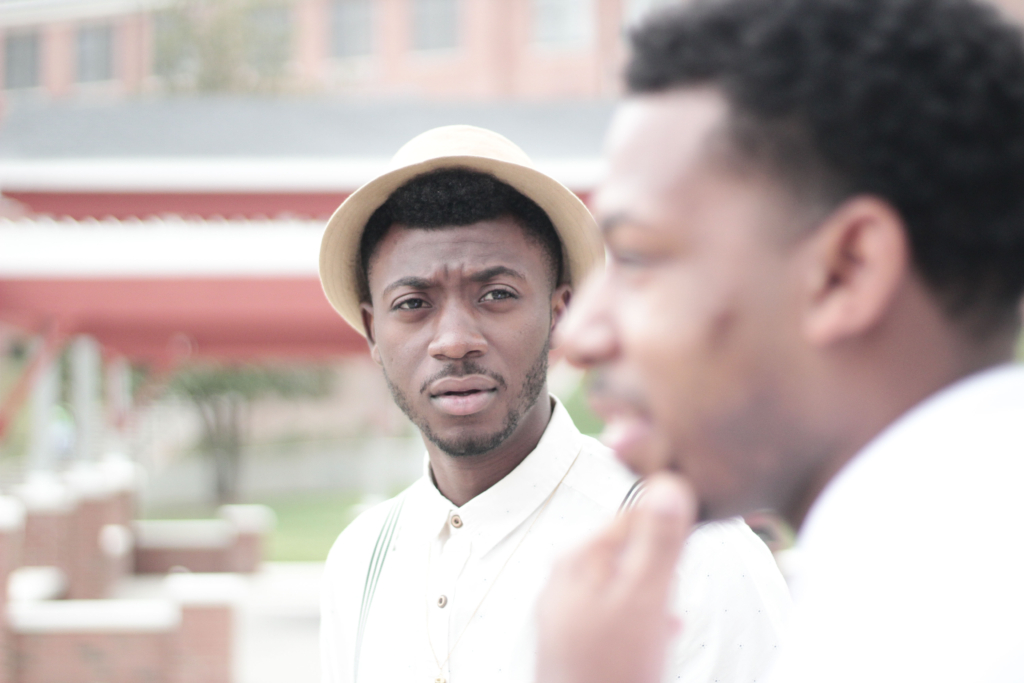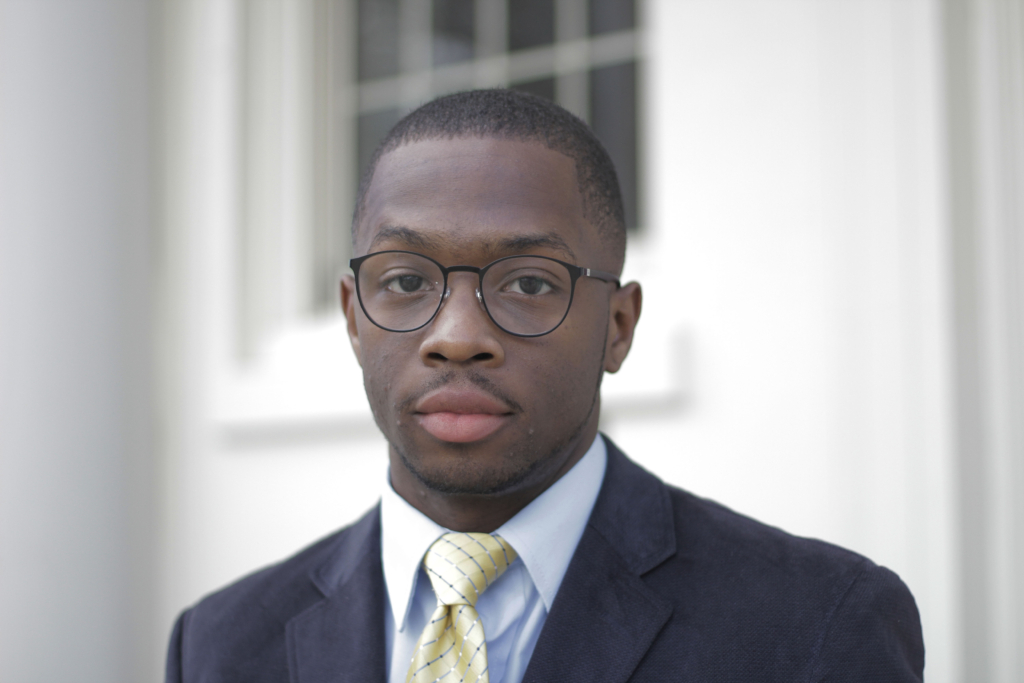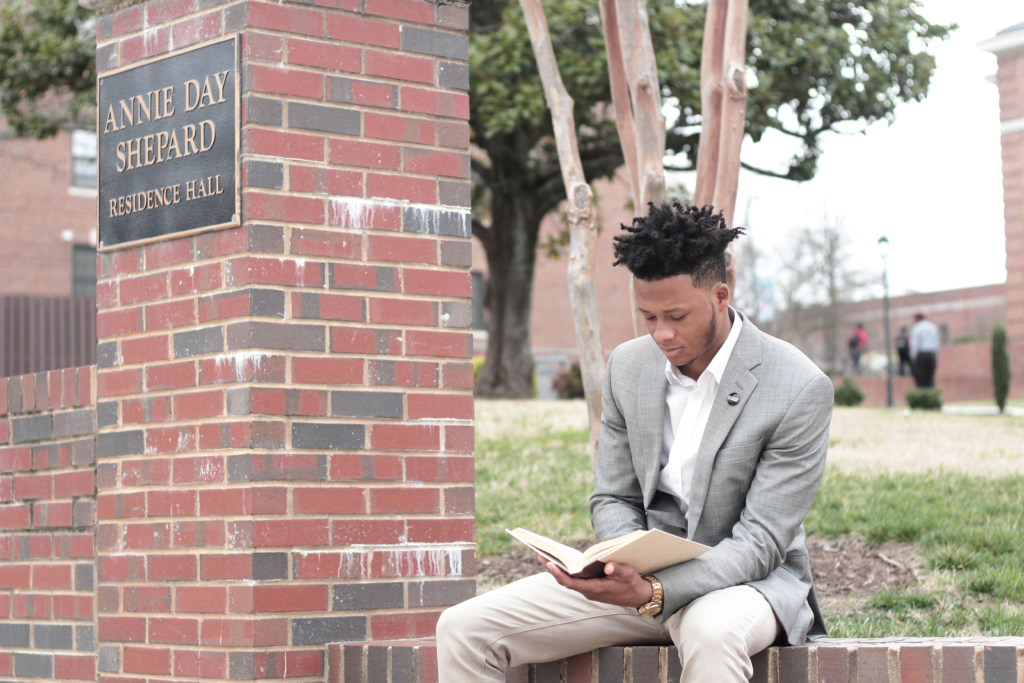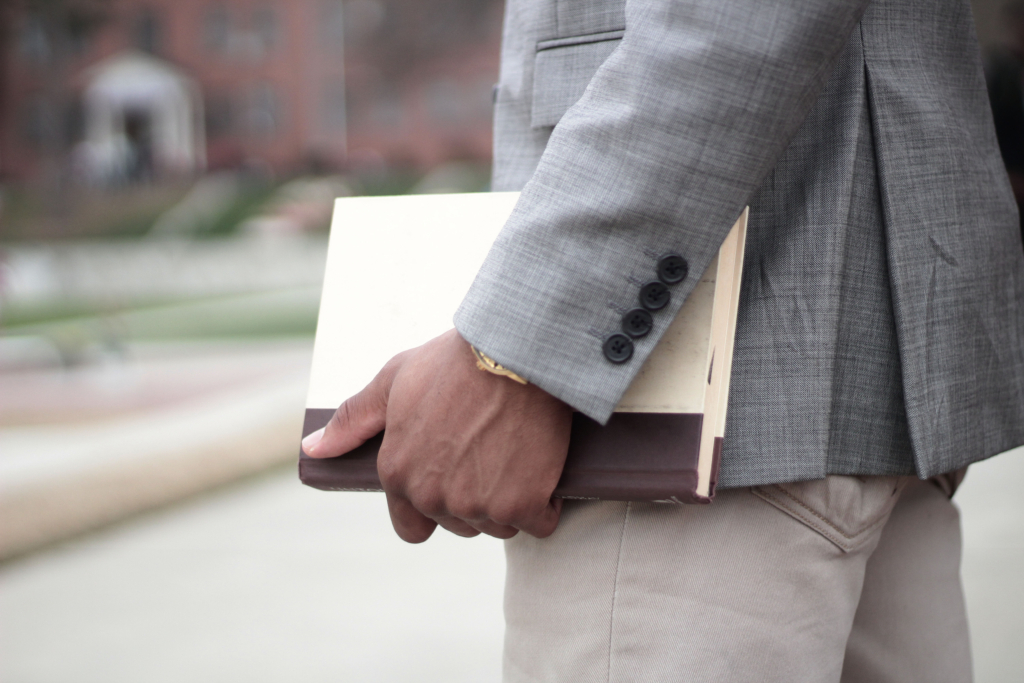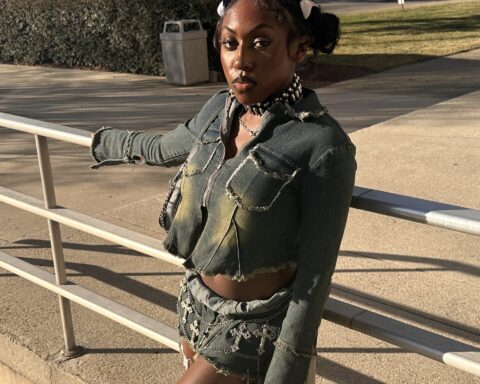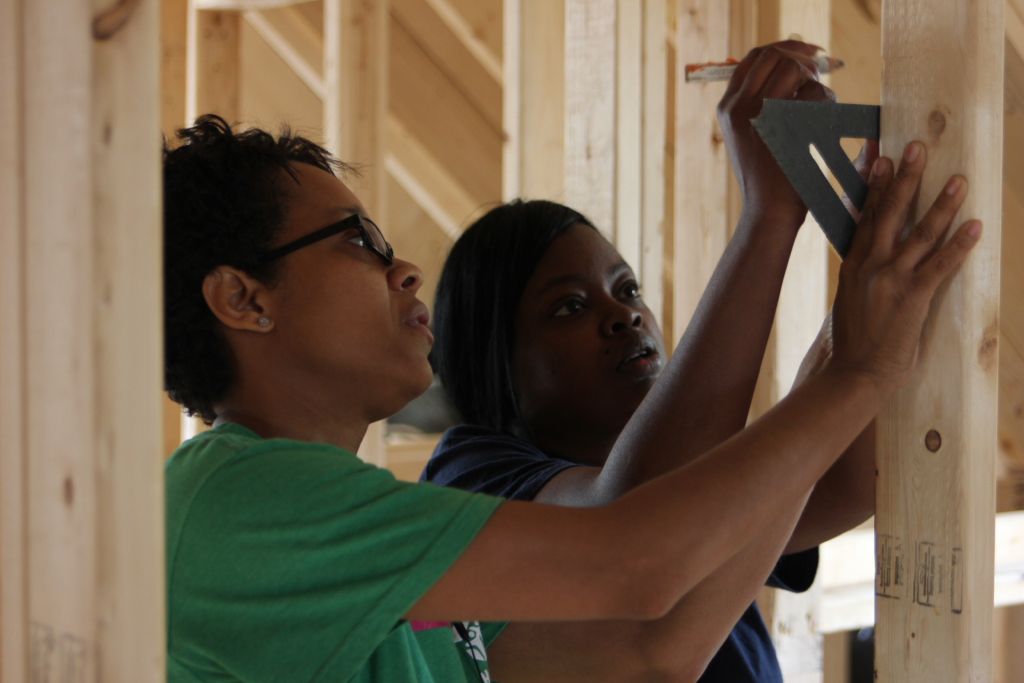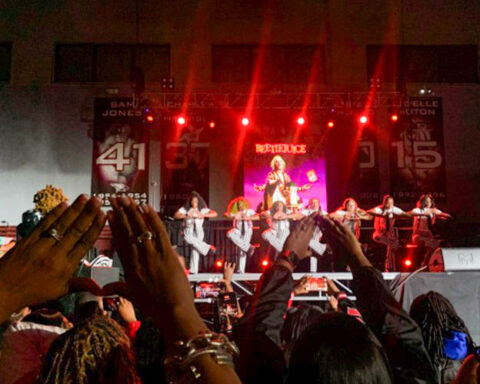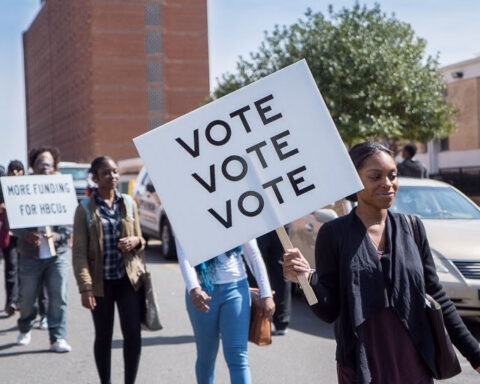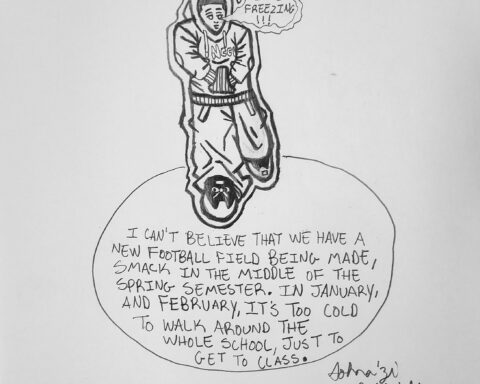A trendsetter is commonly used to describe a person who leads in setting the scene for fashion in a given environment. Fashion trendsetters make a statement that others measure against their own style, either joining in or scratching their heads.
Thanks to the nature of this process, we can see how an individual’s appearance can influence others within a society.
What makes this trendsetting process much more interesting is if you were to unfold the layers of the human identity, you can measure how their fashion ideas relate to their personality.
Has personal style become the conscience of most fashion statements? Should style have a voice or remain silent? What does style mean to the individual?
After speaking to several male students here at N.C. Central University, I became more familiar with what style means to them.
“I define good style as a true sense of knowing who you are and knowing what makes you happy,” said junior Nick Hedgpeth.
While it is a true sense of knowing oneself that creates style, it also seems the influences of earlier fashion trends have become an influencer on today’s style.
“I admire the way most men dressed during the 60s,” said senior Khalil James. “I incorporate the style of that era to my modern-day swag.”
Most students shared the same ideas: it takes a great level of self-discovery, sometimes it is an unintended look that gets attention, and sometimes whatever is shown on television or placed in magazines.
In many university brochures and style guides, NCCU students are encouraged to look their best and dress for success. However, it is also important to incorporate your personality into your style.
I have come to learn that style is socially influenced, constructed based on one’s personality, and impacted by groups or policy.
In the end, even if a fashion taste isn’t the most popular among other students, it is still your own style, and that’s what matters.
Opinion piece by Nathaniel Dunn

